0494 - Understanding the Role of Transference and Countertransference in Clinical Supervision
Course Description
Hours: 12
Historically, our work within addictions and mental health tends to focus more on symptoms than causation. Clients seeking our services from these populations present a significantly higher trauma prevalence. The real architect of the intervention for our trauma-implicated clients is the 'worker.' Our personal wellness, insight and healthy attachment to our clients truly matter in their recovery process. As clinical workers, who want to be trauma-informed, we must reflect on our component of what we bring to the therapeutic experience. As our clients are triggered and react and re-enact historical trauma within our session, so are we as clinicians. Our history and experiences can be helpful, but they can also be harmful to therapeutic work. Our histories, especially when we are unaware, enter into the work with our clients. Having insight into our countertransference reactions is critical to a 'do no harm' approach for the highly vulnerable populations we service.
This training will explore the following:
• History and evolution of countertransference (CT) over time.
• Theoretical models of CT.
• Connection and attachment as a means to recovery.
• Use of self as an approach and the challenges and even risks for use of self.
• Defining CT within the clinical work, including internal and external reactions.
• CT and treatment outcomes.
• Overview of transference reactions and potential risks.
• Overview of countertransference reactions from trauma - Type 1 and 2.
• Types of countertransference themes.
• Management of CT reactions.
• Use of self.
• Transference reactions and interpretation and risks.
• Two approaches to transference reactions.
• Client transference pulls leading to CT.
• The benefits of empathy and the messiness of empathy in clinical work.
• Empathic strain, including withdrawal, repression, enmeshment, disequilibrium and over-identification.
• Compassion fatigue and CTRs.
• Overview of strategies for the helping professional to recognize, contain and heal event countertransferences.
• Drama triangle (Eric Burne).
• Archetype of CTRs/TRs (Carl Jung).
This Professional Development course will include videos, personal reflective exercises, breakout groups and a clinical knowledge overview of the above-stated topics.
This training is meant for participants who are authentically interested and willing to become internally vulnerable to better understand their clinical 'blind spots', which operate consciously and subconsciously during their sessions. This two-day course aims to gain insight and learn our countertransference reactions and how they operate in the therapeutic approach with clients. Once identified, we will challenge ourselves to address these counter-transferences so that we 'do no harm' to clients.
Notes
For more information contact the Faculty of Social Work Professional Development office:
Email: fswprofessionaldevelopment@wlu.ca
Phone: 548-889-4967
Cancellations and Transfers
Be sure to carefully review our cancellation and transfer information before registering.
Website: wlu.ca/fswpd
Applies Towards the Following Certificates
- Clinical Supervision Certificate : Clinical Supervision

